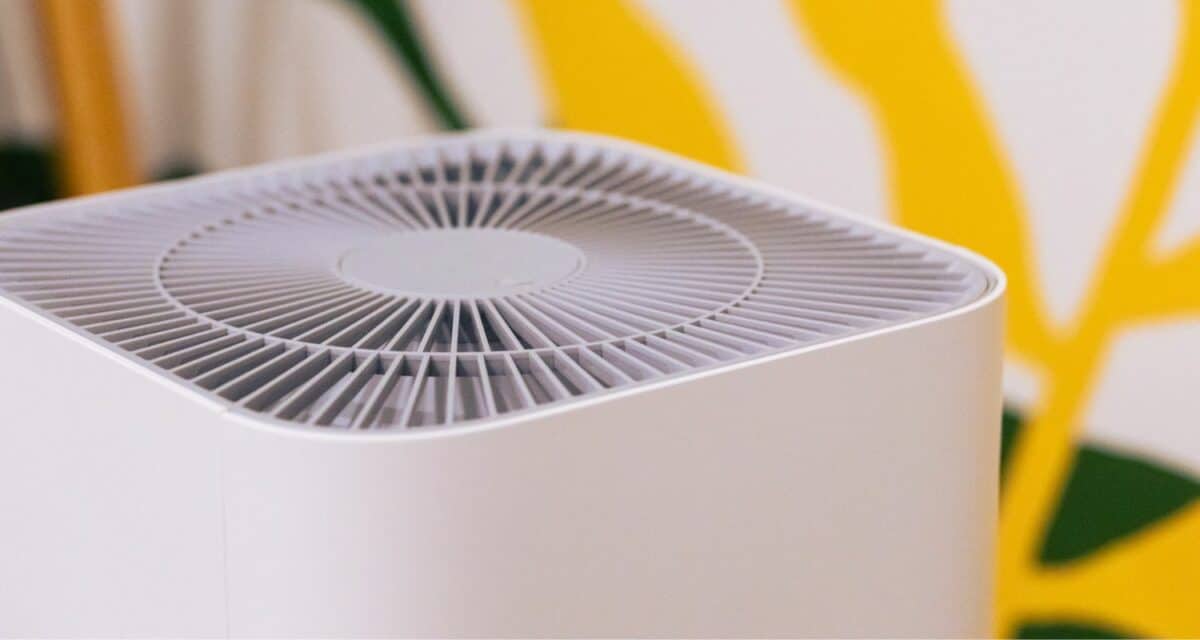If you’re an allergy sufferer, you know the importance of clean air. Pollen, dust, and other allergens can trigger unpleasant symptoms like sneezing, coughing, and itchy eyes. One way to combat these irritants is with an air cleaner. In this article, we’ll discuss what air cleaners are, how they work, and their benefits for allergy sufferers.
What Are Air Cleaners?
Air cleaners, also known as air purifiers or air filters, are devices that remove pollutants from the air. They can be used in homes, offices, and other indoor spaces to improve air quality. There are several types of air cleaners, including HEPA (High-Efficiency Particulate Air) filters, electrostatic filters, and UV-C lights.
The dense filter material used in HEPA filters makes them the most popular type of air cleaner. They trap airborne particles such as dust, pollen, and pet dander. Electrostatic filters, on the other hand, use a static charge to attract particles to the filter. Lastly, UV-C lights are used to kill bacteria and viruses in the air.
Benefits of Air Cleaners for Allergies
Air cleaners, also known as air purifiers, can be extremely beneficial for those who suffer from allergies. They work by removing allergens, such as pollen, dust mites, and pet dander, from the air. By doing so, air cleaners can help to alleviate the symptoms of allergies, such as itchy eyes, sneezing, and runny nose.
HEPA filters, in particular, are highly effective at capturing airborne particles. These filters can remove up to 99.97% of particles that are 0.3 microns or larger. This means that they can capture a wide range of allergens, as well as other airborne pollutants, such as smoke and fumes.
Air cleaners can be particularly helpful for those with seasonal allergies, as they can help to reduce the amount of pollen in the air. They can also be useful for those with pet allergies, as they can capture pet dander and other allergens that are released into the air by animals.
Air cleaners are not only effective in reducing allergy symptoms but also contribute to improving overall air quality. This is especially beneficial for individuals with respiratory conditions like asthma, as the removal of pollutants from the air can significantly decrease the likelihood of respiratory problems and asthma attacks.
Can Air cleaners capture the Coronavirus?
HEPA air purifiers efficiently capture COVID-19 particles and smaller ones. The CDC acknowledges that the virus spreads through the air, and recommends air purifiers to reduce airborne contaminants. HEPA filters are effective at capturing ultrafine particles, including coronaviruses. However, it is unclear if HEPA purifiers can catch the virus before inhalation. Use air purifiers with other preventative measures like social distancing, wearing a face covering, and washing your hands frequently.
What About Wildfire Smoke?
Air purifiers can be effective in removing smoke particles from the air during a wildfire event, as HEPA filters are highly efficient at capturing smoke. However, they should be considered as a central part of a larger smoke-mitigation strategy, and should be used in conjunction with other preparedness supplies and strategies.
Choosing the Right Air Cleaner
When choosing an air cleaner, there are several factors to consider. First, consider the size of the room where it will be used. A larger room may require a more powerful air cleaner. Additionally, look for features like a HEPA filter, which is more effective at removing allergens from the air. Finally, avoid common mistakes like choosing an air cleaner based solely on its price tag.
What about taping a filter to a box fan, would that work?
A furnace/HVAC filter can be taped to a box fan to make a DIY air purifier during air-quality emergencies, such as regional wildfires. This hack was tested in an article by The Wirecutter and resulted in an 87% reduction of the initial particulate load over 30 minutes on medium. However, sealing the filter around the entire perimeter is important, and the hack should not be considered a long-term solution.
Air cleaners offer a host of benefits for allergy sufferers, from reducing symptoms to improving overall air quality. When choosing an air cleaner, consider factors like room size, filter type, and maintenance requirements. If you’re interested in learning more about allergy treatments, visit our practice today.

